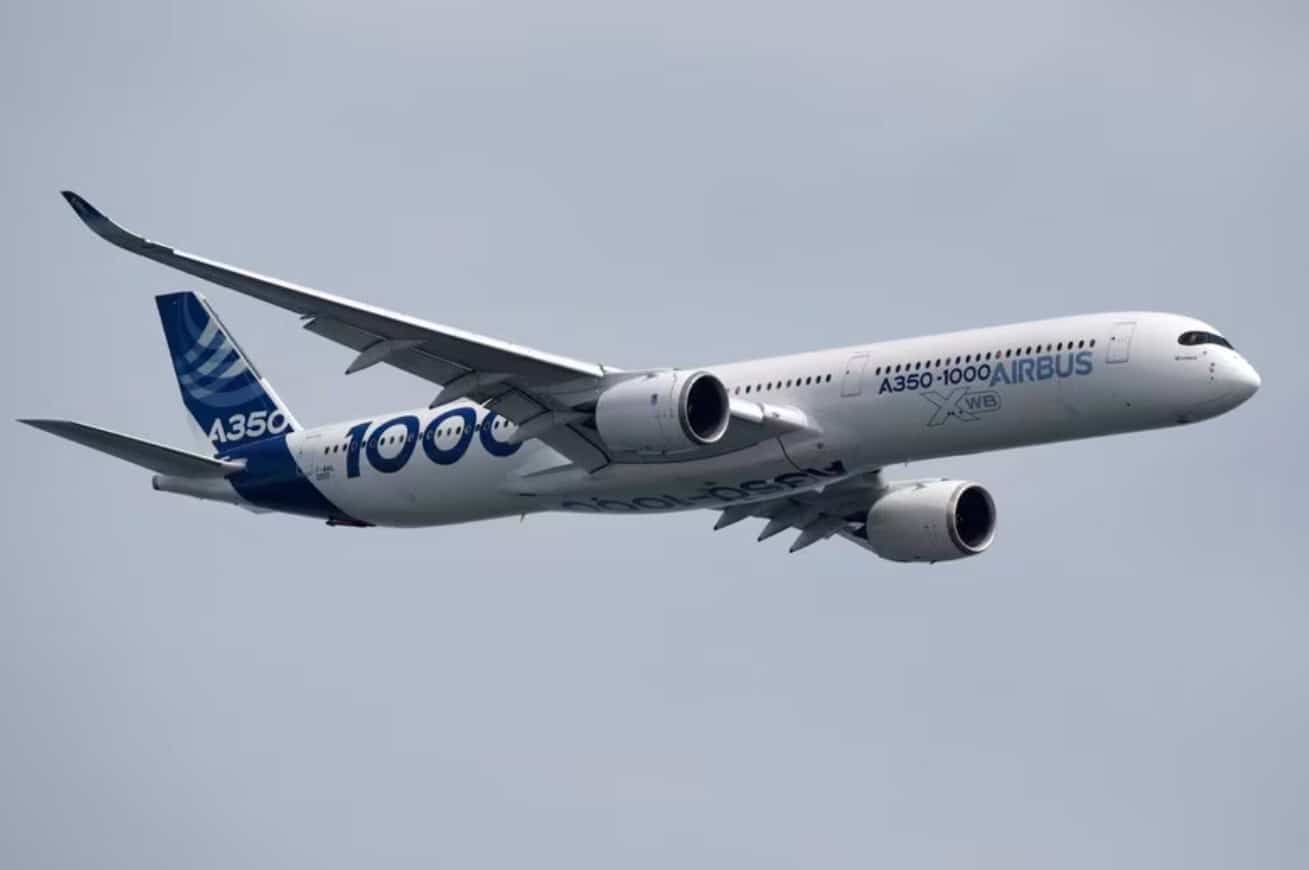Global air cargo demand experienced a notable resurgence in 2023, particularly with a strong fourth-quarter performance despite economic uncertainties, according to recently released data by the International Air Transport Association (IATA).
The demand for air cargo, measured in Cargo Tonne-Kilometres (CTKs), witnessed a marginal decline of 1.9 per cent compared to 2022 (with international operations down by 2.2 per cent) for the full year. In the broader context, this translated to a 3.6 per cent decrease compared to pre-COVID levels in 2019 (with a corresponding -3.8 per cent for international operations).
In contrast, the capacity in 2023, measured by Available Cargo Tonne-Kilometres (ACTKs), exhibited a substantial increase, soaring 11.3 per cent above 2022 levels, with international operations witnessing a noteworthy 9.6 per cent surge. When compared to 2019, overall capacity rose by 2.5 per cent, marking a modest uptick.
December 2023 saw an exceptionally strong performance, with global demand elevated by an impressive 10.8 per cent above 2022 levels, with international operations experiencing an even more substantial increase of 11.5 per cent. This marked the strongest annual growth performance witnessed over the past two years.
Simultaneously, global capacity rose by 13.6 per cent above 2022 levels, with international operations registering a 14.1 per cent increase.
Several key indicators further reveal the market dynamics. Notably, global cross-border trade recorded growth for the third consecutive month in October, reversing its previous downward trend.
In December, inflation rates in the United States and the EU, as measured by the corresponding Consumer Price Indices (CPI), remained below 3.5 per cent year-on-year.
Manufacturing output and new export order Purchasing Managers Indexes (PMIs), considered leading indicators of global air cargo demand, continued to remain below the 50-mark in December, usual markers for contraction.
Willie Walsh, IATA’s Director General, commented on the findings and said that “despite political and economic challenges, 2023 saw air cargo markets regain ground lost in 2022 after the extraordinary COVID peak in 2021”.
“Although full-year demand was shy of pre-COVID levels by 3.6 per cent, the significant strengthening in the last quarter is a sign that markets are stabilizing towards more normal demand patterns,” he added.
Moreover, Walsh said that “this puts the industry on very solid ground for success in 2024”.
However, he cautioned that “with continued, and in some cases intensifying, instability in geopolitics and economic forces, little should be taken for granted in the months ahead.”







Click here to change your cookie preferences